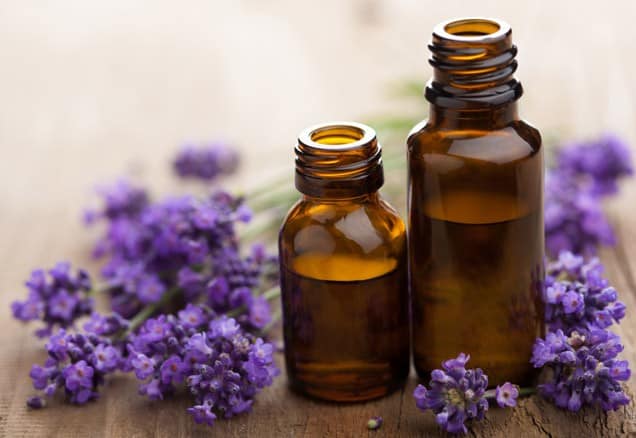Aromatherapy and Its Essential Oils
Smell might be the single most potent sense in the human body. When a person we like wears a particularly pleasant perfume or cologne, our brain learns to associate that fragrance with feeling happy, comfortable and charmed. Likewise, we savor the scent of a delicious Thanksgiving dinner because of the environment that accompanies that meal (good friends, good family, good memories). While turkey, mashed potatoes and pumpkin pie obviously aren’t employed as a method of treating illness (eat too much of it and, duh, cholesterol issues), there’s a therapeutic effect to associating a scent with our perspective of its source. And if the source commands a direct line to our happy hub, you better believe the scent of that source owns a spare key to the house of hunky dory.
Breaking Down Essential Oils
According to The National Cancer Institute, aromatherapy is defined as the use of essential oils from plants as therapy to improve physical, emotional and spiritual well-being. Flowers, herbs and trees produce essential oils such as Roman chamomile, geranium, lavender and cedarwood, which are either inhaled, applied to the skin or ingested as a form of treatment. Aromatherapy can be used to treat various conditions including stress, anxiety, respiratory problems, headaches, post-surgical nausea and menstrual pain. Some studies have even indicated that aromatherapy may aid in the treatment of cigarette addiction and in improving the cognitive function of Alzheimer’s patients.
Aromatherapy treatment is available in several forms, including but not limited to essential oil body massages (offered at spas), burning incense sticks, and fragrant flower baths (putting drops of essential oil into your bath water). Take your pick. And if you’re considering a test drive through the essential oil sandbox, here’s a list of five popular oils to stock in your starter kit:
• Eucalyptus – an anti-inflammatory essential oil that relieves psychological stress, muscle pain, respiratory issues (asthma, coughing, congestion) and headaches.
• Tea Tree – alleviates oily secretions of the skin, cleans the scalp (can be mixed into shampoo) and soothes minor wounds.
• Peppermint – an essential oil that is often applied directly to the skin. It treats digestive issues, sore muscles, headaches and congestion.
• Lavender – relieves joint pain, calms anxiety and acts as an antiseptic for insect stings and minor burns.
• Lemon – often applied to the chest or the throat, lemon acts as an antifungal, an antiseptic and increases mental clarity.
Why So Little Essential Oil Research?
Despite the known benefits of aromatherapy, research on essential oils leaves a lot to be desired. Most aromatherapy research has been limited to studies conducted by food, flavoring, tobacco and cosmetics industries, which are primarily motivated by an interest in analyzing the flavor, mood alteration and preservative qualities of essential oils. While essential oil mood alteration research could certainly act as a foundation of and a supplement to treating human illnesses, the majority of the aromatherapy studies are conducted in laboratories and have not been conducted on human beings.
Ultimately, the most crippling adversary to enhancing essential oil research is the pharmaceutical industry. Pharmaceutical companies fund a large amount of drug studies and because studies on natural plant products are difficult to patent, prospects for profit from those products are elusive. Simply stated, wealth over health.
Nonetheless, the push for aromatherapy research, an unconventional but potentially worthwhile venture, is still managing to gradually build muscle. And, if the unconventional grits its teeth, digs its feet in the dirt, holds its ground and heaves onward, something will eventually click in its favor. It always does.












